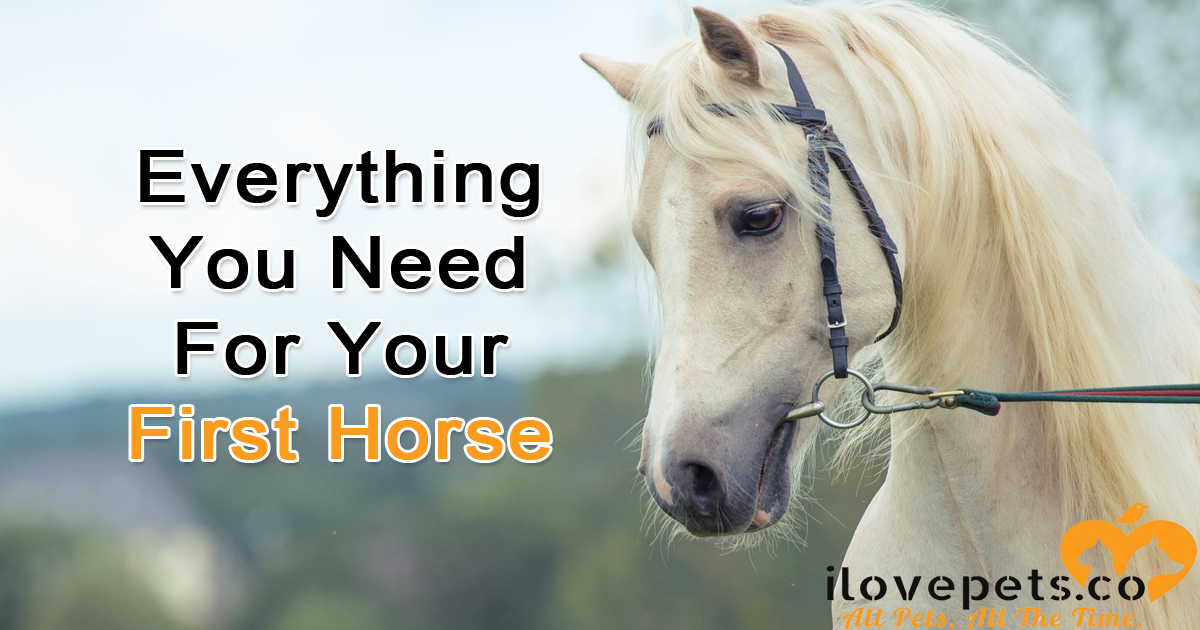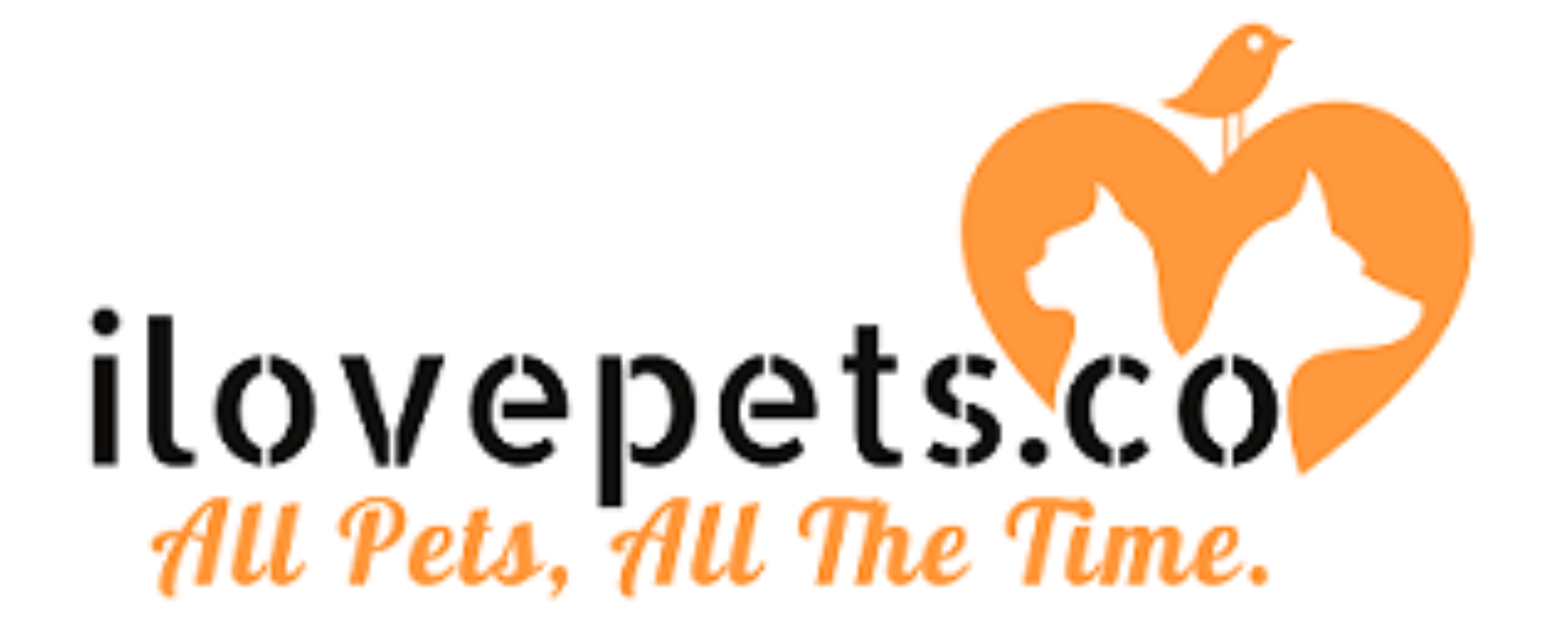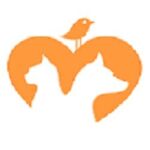
You’ll always remember buying your first horse. It’ll be one of the proudest memories. As you daydream over your favorite breeds and make contacts with local sellers, you’ll want to make a list of the basic things you’ll need to make your first horse safe, comfortable and well-equipped.
Where Will Your Horse Live?
You can provide a stable so your horse can live on your own property, or you can pay a monthly fee to board your horse at a local ranch.
There’s several types of boarding services. With full boarding, the boarder will provide daily feeding and care so you won’t have to worry about your horse if you go out of town. Some full boarding services provide food, bedding and basic medical care. When you board your horse, you will need to take into account the cost of gas as you travel back and forth from your home to the ranch.
Keeping your horse at home might be more expensive, and it’s more time-consuming because you will need to keep up with daily care and maintain your property.
For first-time horse owners, it makes sense to board. Your boarder is a seasoned horse owner who will be able to give you advice, and will have access to a equine veterinarian.
Horse boarding options near Grand Prairie, Texas:
Tack And Basic Equipment For Your First Horse
Your horse will most likely come with a halter and lead rope. You may want to avoid splurging on tack before your horse arrives so you can make sure you purchase the correct size.
Naturally, you’ll want to ride your horse, so you’ll need a saddle, possibly several depending on if you participate in horse sports. For first time owners, a general purpose English saddle is a good investment. You’ll need to make sure the saddle fits both you and the horse to prevent injury and discomfort, so it could take a few tries to find the perfect match. You’ll also need a bridle, bit and reins to guide your horse while you ride.
Feeding Your First Horse
Most of your horse’s diet should come from roughage: grass and hay. A horse typically consumes about 1-2% of their body weight in roughage.
Grains provide more energy and less fiber than roughage. A horse that needs to gain weight or is very active will need more grain in their diet. Grains include oats, corn, wheat and barley.
Fruits and vegetables are great treats for horses. You can use treats to bond with your horse and to reward them during training. Carrots, apple slices, melon, banana, pumpkin and celery are all healthy snacks. Feed treats in moderation, just 1-2 carrots is an ideal serving size. Always feed treats by hand with a flat, outstretched palm. If you’re not confident about feeding your horse by hand, use a bucket.
Basic Grooming Supplies
You can purchase a grooming kit for your horse or create your own kit when you buy these items separately:
Curry comb is used to loosen dirt and hair from your horse’s coat. Use it in a gentle circular motion, ensuring that you’re extra gentle around the boniest areas of your horse’s body.
Stiff brush sweeps dirt from beneath the horse’s hair. It should never be used near the face.
Body brush is used to remove any remaining dirt and smooth the oils of the skin through the coat, creating a shiny, smooth appearance.
Hoof pick is used to remove stones and other debris from your horse’s hooves. This prevents infection and injury due to lodged items.
Other Things You’ll Need
Horse blanket keeps your horse clean and dry in the winter. As the days get cooler, your horse will grow more hair to keep them warm, but it’s difficult for them to maintain adequate body temperature if they are wet or outside in extreme temperatures. Horses that live indoors will still need blankets because they cannot run around to generate body heat.
Fly spray keeps flies, mosquitoes and other annoying insects from irritating your horse. Ideally, you will find a fly spray that does not have a strong odor, but will leave a conditioned shine on your horse’s coat. Always use a spray designed for equines, not a human or dog formula.
First aid kit and the knowledge to use the tools inside can save you a lot of worry, plus a ton of money on veterinary bills. At the least, it will buy you some time if you are unable to reach your vet on a weekend or holiday. Bandages, wound cleaner, gauze, cotton and extra buckets would be a huge help in case of a minor injury. Keep your first aid kit in a clearly marked bag, accessible in an emergency.






